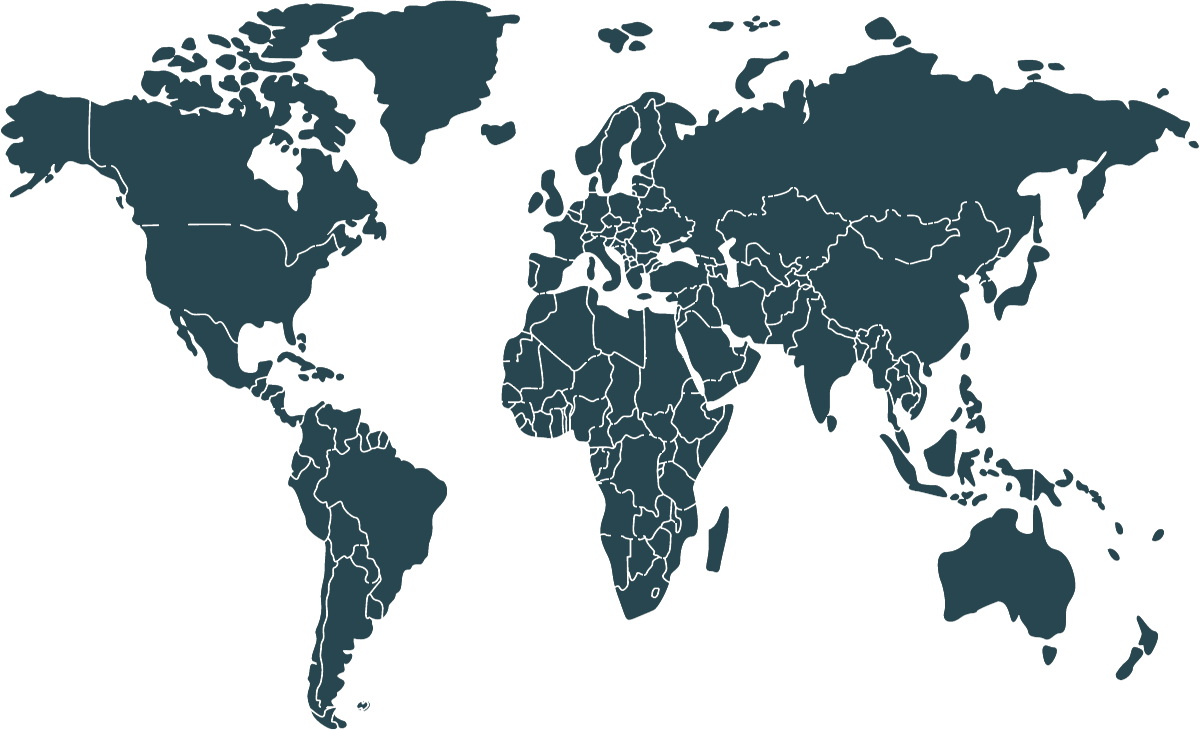On 15 May 2025, the International Tracking Standard Foundation (I-TRACK Foundation) was awarded a tender by Singapore’s Ministry of Trade and Industry (MTI) to develop a cross-border renewable energy certificate (REC) framework. While the initiative was commissioned by Singapore, the resulting framework could be used to support the advancement of cross-border electricity projects and the development of the wider ASEAN Power Grid.
The initiative seeks to facilitate tracking and disclosure of flows from clean electricity import projects, aligning REC transactions with the physical delivery of electricity across national borders.
The work builds on leading practices outlined in the GHG Protocol Scope 2 Guidance and CDP’s working paper on cross-border energy trade, among other internationally recognized materials. The I-TRACK Foundation will work closely with MTI, Singapore’s Energy Market Authority, the private sector, and disclosure ecosystems to align quality principles for tracking with real-world data contexts linked to regional power trade.
Key areas of technical focus will include:
- Establishing verifiable linkages between REC movement and the physical flow of electricity via cross-border interconnectors in different export and import scenarios;
- Supporting uniformity and interoperability of REC tracking systems to protect against double-counting; and
- Aligning residual mix and other national accounting approaches to support consistent reporting practices across national and commercial scopes of disclosure.
“This collaboration reflects growing demand for high-quality clean electricity imports alongside credible tracking in the region. It also showcases Singapore’s commitment to transparency as it scales up electricity imports,” said Roble P. Velasco-Rosenheim, Regional Director of Partnerships and APAC at the I-TRACK Foundation. “Our goal with the framework is to pair technical rigor with real-world practicality. By jointly addressing the questions of ‘is that credible’ with ‘can it be demonstrated in real life,’ the framework seeks to facilitate cross-border electricity trade at scale, in credible, uniform, and transparent ways.”
The project is currently under implementation and will incorporate extensive engagements with relevant public and private sector actors throughout its implementation.
